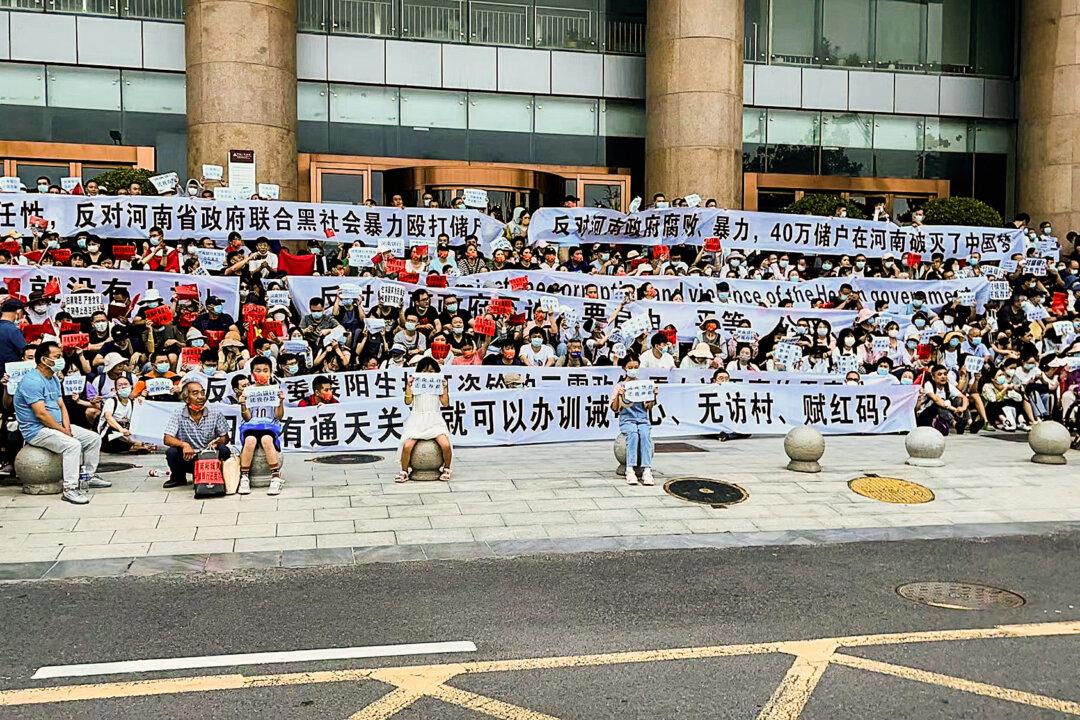News Analysis
China’s foreign exchange reserves haven’t grown in eight years, while its foreign debt has increased dramatically. The country is on the eve of a financial meltdown as a result of its real estate bubble and massive local debts.

China’s foreign exchange reserves haven’t grown in eight years, while its foreign debt has increased dramatically. The country is on the eve of a financial meltdown as a result of its real estate bubble and massive local debts.